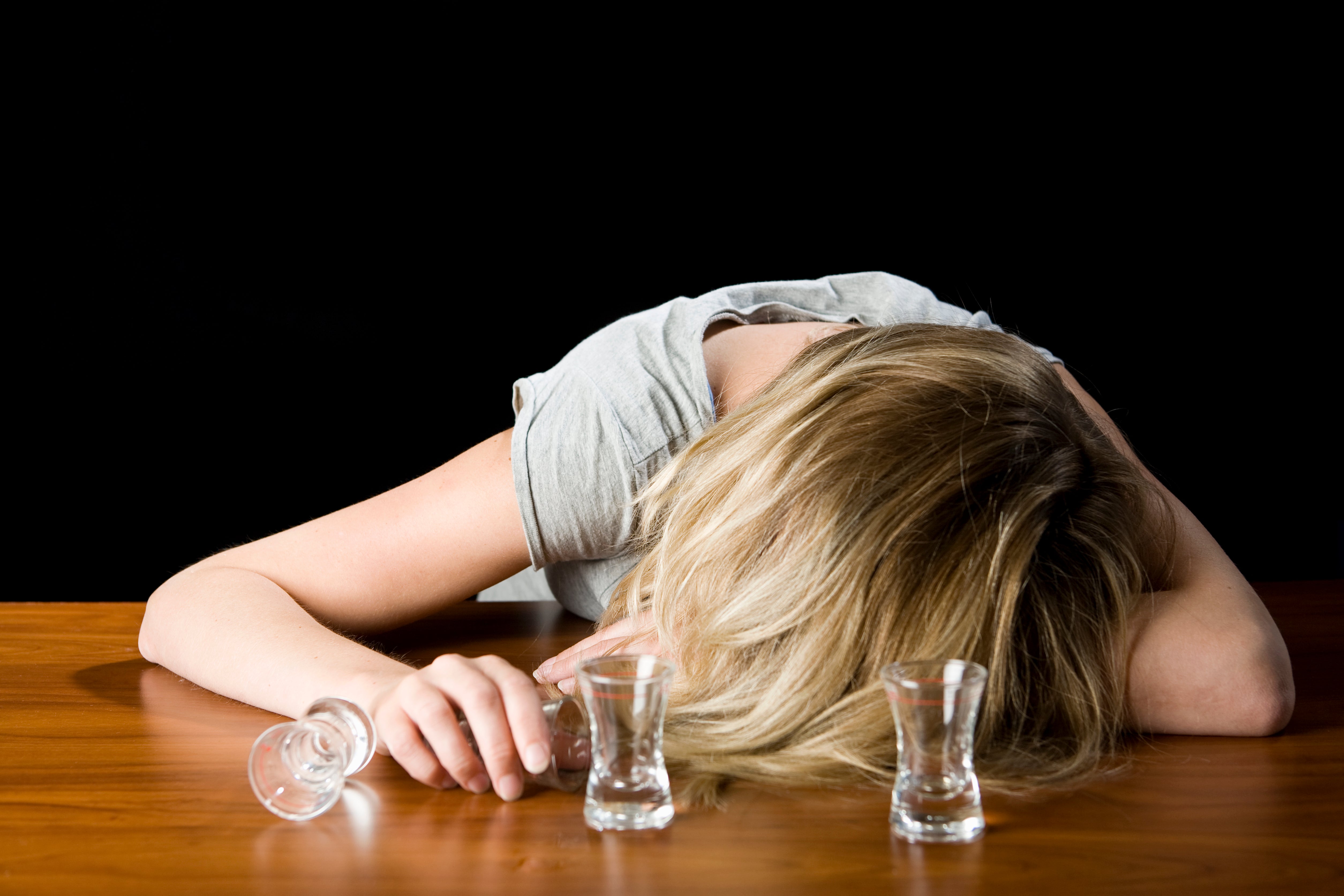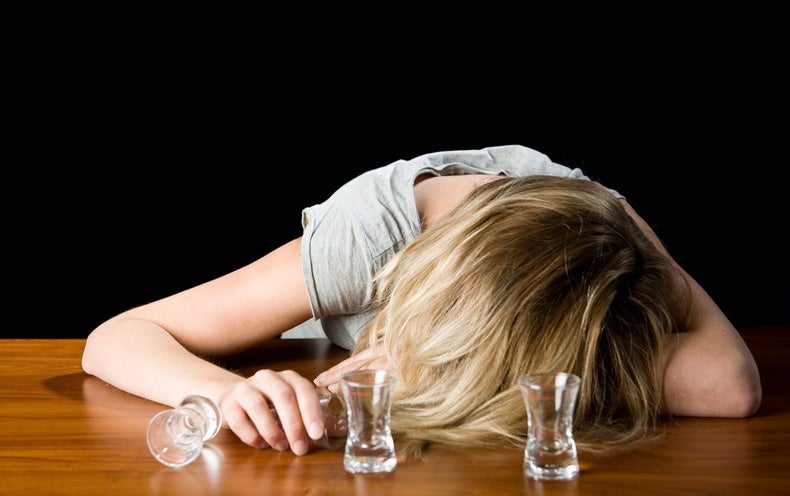
One minute you’re enjoying a nice buzz, the next your brain stops recording events that are taking place. The result can mean having vague or no memory of a time period ranging anywhere from a few minutes up to several hours.
Scary—isn’t it? Unfortunately, alcohol-induced blackouts aren’t a rarity, either. A 2015 survey of English teenagers who drank showed 30 percent of 15-year-olds and 75 percent of 19-year-olds suffered alcohol-induced blackouts.
In medical terms this memory loss is a form of temporary anterograde amnesia, a condition where the ability to form new memories is, for a limited time, impaired. That means you can’t remember a stretch of time because your brain was unable to record and store memories in the first place.
Neuroscientists do not fully understand how blackouts occur. Researchers long assumed alcohol impairs memory because it kills brain cells. Indeed, long-standing alcohol abuse can damage nerve cells and permanently impact memory and learning. It is unlikely, however, that brain damage is behind acute blackouts. It is clear that processes in the hippocampus—the area of brain involved in the formation, storage and retrieval of new memories—are disturbed. Specifically, it appears alcohol impairs the so-called long-term potentiation of synapses at the pyramidal cells in the hippocampus. Alcohol alters the activity of certain glutamate receptors, thereby boosting the production of specific steroid hormones. This in turn slows the long-term potentiation of hippocampal synapses. Normally this mechanism, responsible for strengthening the synaptic transfer of information between neurons, is the basis of memory formation.
In experiments on rodents my colleagues and I tested how much alcohol is needed for this to happen. We discovered the blood alcohol concentration must be dangerously high, about 300 milligrams per deciliter, corresponding to about 2.4 parts per thousand.
In humans the amount of alcohol that triggers a blackout varies from person to person. Those who drink large amounts quickly, however, tend to experience memory impairment more often. Furthermore, drugs such as benzodiazepines, which also weaken memory formation and cause blackouts on their own, can combine with small amounts of alcohol to impede new memories.
We are currently investigating which substances strengthen long-term potentiation under the influence of alcohol and thus support the formation of memories. As an antagonist, AP5 (a class of anesthetics) blocks certain glutamate receptors and thus prevents alcohol from exerting negative effects. The 5-alpha reductase inhibitor—a drug frequently used to treat an enlarged prostate—also partially counteracts the negative effects of alcohol because it prevents the formation of new steroid hormones.
Although the connections are not yet fully understood, there is little doubt alcohol can affect memory and other cognitive functions, both in the short and long term. Still, the most effective and simple strategy to prevent alcohol-induced blackouts is to avoid large amounts of the substance, especially in combination with other drugs or medications.
Stay connected with us on social media platform for instant update click here to join our Twitter, & Facebook
We are now on Telegram. Click here to join our channel (@TechiUpdate) and stay updated with the latest Technology headlines.
For all the latest For News Update Click Here

